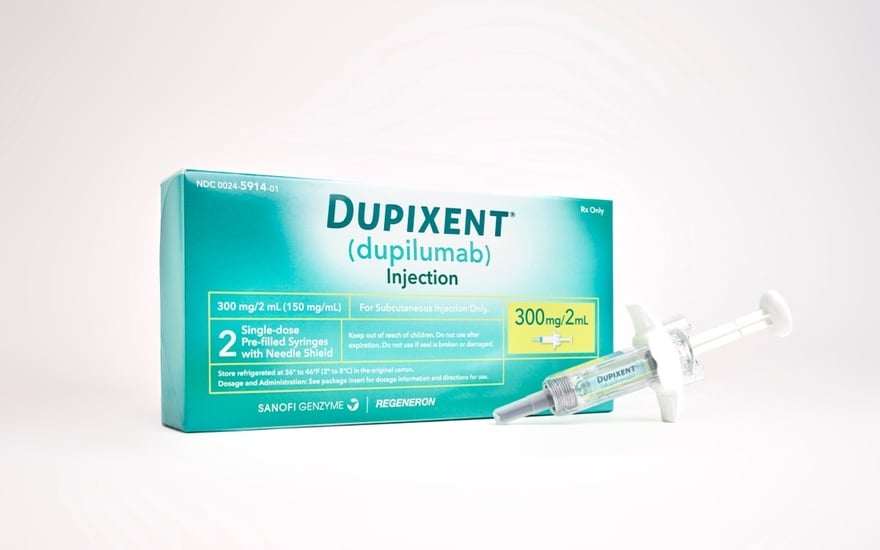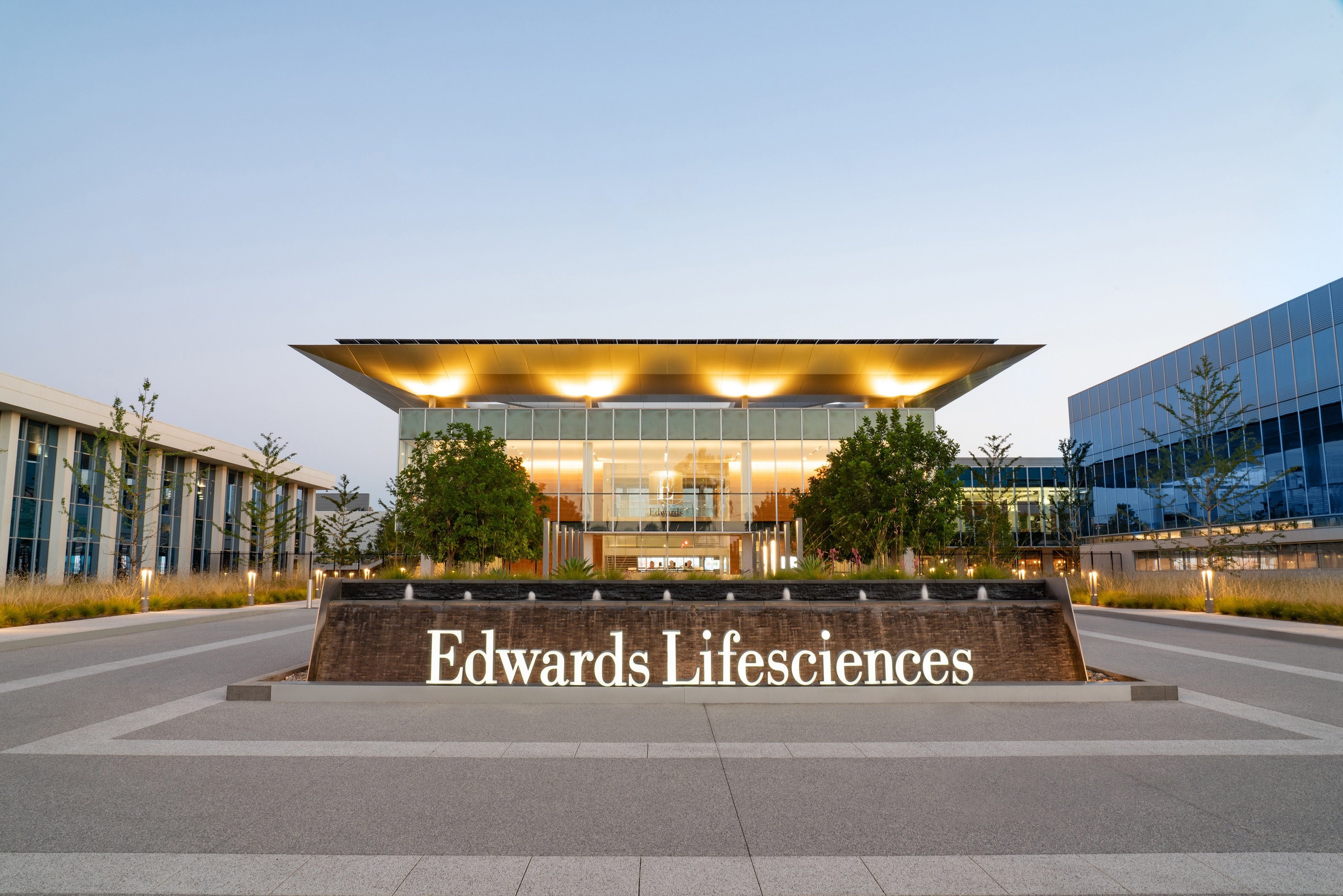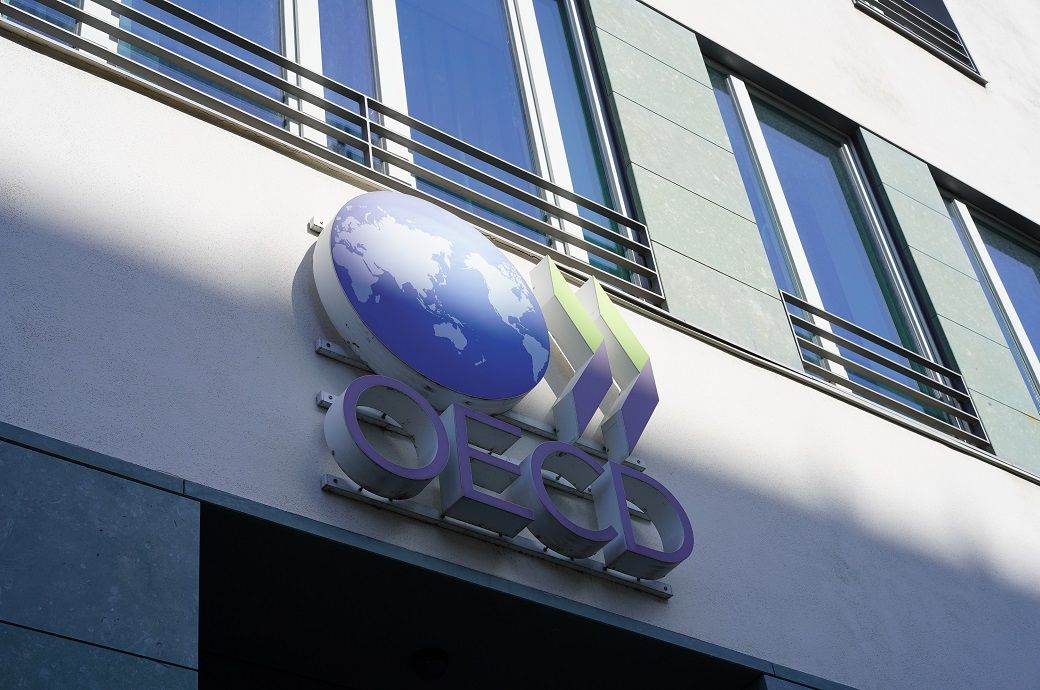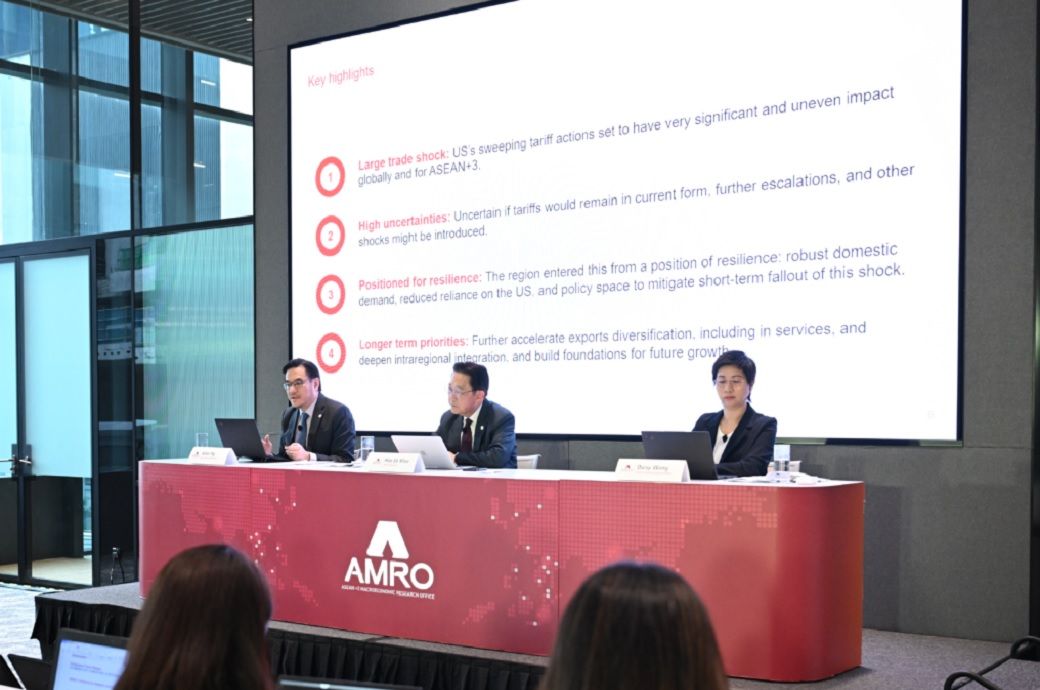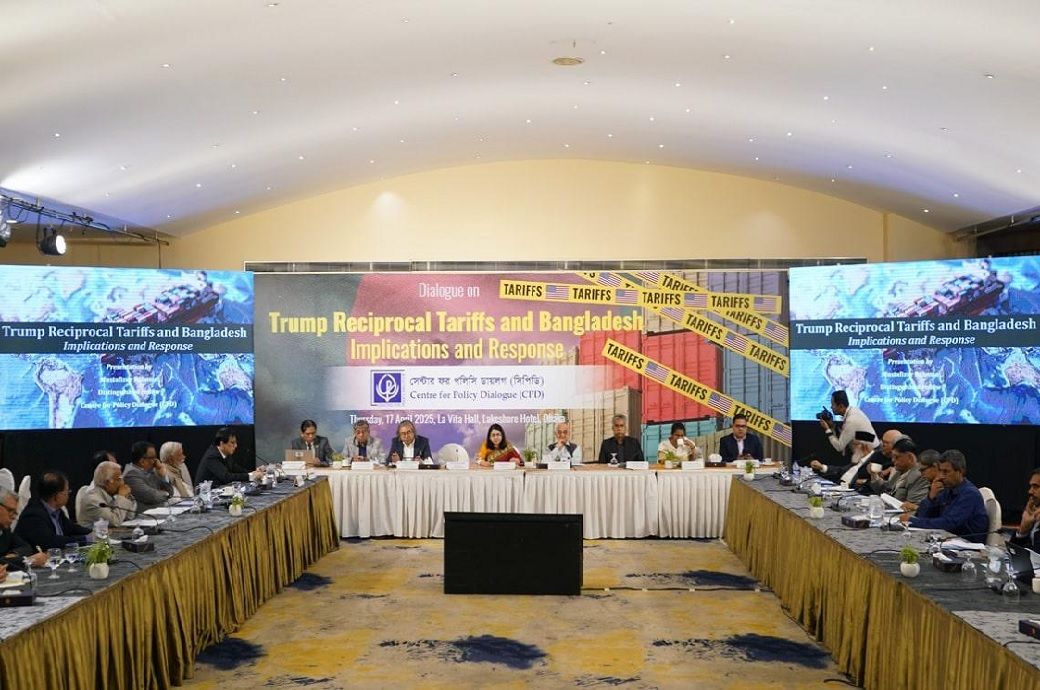Tailored Liposomal Nanomedicine Suppresses Incomplete Radiofrequency Ablation‐Induced Tumor Relapse by Reprogramming Antitumor Immunity
Advanced Healthcare Materials, EarlyView.

A liposomal nanovesicles of SPS-NPs with TME modulating ability is prepared for anti-PD-L1 delivery via FNC technique. Upon accumulation in the residual tumor tissues post iRFA, such SPS-NPs effectively alleviate the iRFA treatment exacerbated tumor immunosuppression and strengthen the effector function of infiltrated T lymphocytes, ultimately improving the outcomes of iRFA-based immunotherapy.
Abstract
Radiofrequency ablation (RFA), a thermoablative treatment for small hepatocellular carcinoma (HCC), has limited therapeutic benefit for advanced HCC patients with large, multiple, and/or irregular tumors owing to incomplete RFA (iRFA) of the tumor mass. It is first identified that iRFA-treated tumors exhibited increased pyruvate kinase M2 (PKM2) expression, exacerbated tumor immunosuppression featured with increased tumor infiltration of suppressive immune cells and increased proliferation, and programmed cell death ligand 1 expression of cancer cell and ultimately a poor prognosis. Herein, a multifunctional nanomedicine is fabricated by encapsulating nanoassemblies of anti-PD-L1 and spermidine-grafted oxidized dextran with shikonin-containing lipid bilayers to reverse iRFA-induced treatment failure. Shikonin, a PKM2 inhibitor, is used to suppress glycolysis in cancer cells, while anti-PD-L1 and spermidine are introduced to collectively reprogram the proliferation and functions of infiltrated CD8+ T lymphocytes. Combined with iRFA, which promoted the exposure of tumor antigens, the intravenous injection of liposomal SPS-NPs effectively stimulated dendritic cell maturation and reversed tumor immunosuppression, thus eliciting potent antitumor immunity to synergistically suppress the growth of residual tumor masses and lung metastasis. The as-prepared liposomal nanomedicine is promising for potentiating the therapeutic benefits of RFA toward advanced HCC patients through reprogramming iRFA-induced tumor immunosuppression.






























































